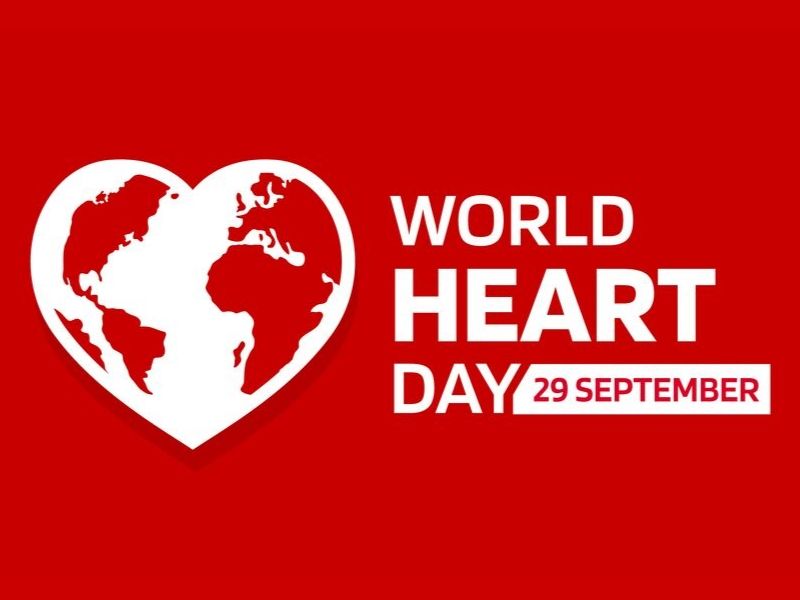According to World Health Organisation, “Cardiovascular diseases (CVDs) take the lives of 17.9 million people every year accounting for 31 percent of all global deaths. Triggering these diseases – which manifest primarily as heart attacks and strokes – are tobacco use, unhealthy diet, physical inactivity and the harmful use of alcohol. These in turn show up in people as raised blood pressure, elevated blood glucose and overweight and obesity, conditions detrimental to good heart health.”
Things to do for a healthy heart:
- Eat foods which are healthy and heart friendly such as organic and leafy vegetables, fruits and berries, pulses, seeds like flax, pumpkin, chia, meloh and sunflower, nuts like almonds, pista and walnuts.
- Include complex carbohydrates such as unpolished rice, whole wheat, millets, oats.
- Proteins such as eggs, lean meats (chicken and fish), soya seeds, and tofu too should be included in the diet.
- If you want to have ghee, butter, and paneer, opt for homemade ones.
- Avoid sedentary lifestyle. A moderate intensity physical activity for about 30- 45 minutes a day, 3- 5 days in a week ( 8000- 10000 steps a day) keeps your heart healthy.
- Consumption of tobacco should be avoided and alcohol may be consumed in moderate quantity.
- A good quality sleep for 7-8 hours a day is necessary.
Early warning indicators of heart disease:
- Discomfort or acidity or gas like discomfort in the center portion of chest occurring while performing a physical activity or occurring at rest.
- Shortness of breath while walking or at rest worsened by lying down posture.
- Palpitations and unexplained anxiety (particularly in elderly).
- Unexpected fatigue and dizzy spells.
Are smart wearable devices actually effective for the heart?
A few days ago, a team of IIT graduates developed an artificial intelligence (AI) powered sensor sheet which is known to detect heart health, respiration, and stress plus providing a medical grade accuracy. There are also instances of modern day smartwatches and fitness brands keep a tab on heart health. But how effective are this?
“Wearable device’s like smart watches and sensors monitor heart rate, Sp02 (blood oxygen levels), physical activity, blood pressure, ECG (single lead) to detect arrhythmias, pill reminders, sleep duration, blood glucose monitoring and early detection of illnesses like flu and many others might help an individual to get alert early and seek medical attention in time,” says Dr. Srinivas. These devices can help medical professionals determine if someone is becoming ill or if disease is developing, he adds.
